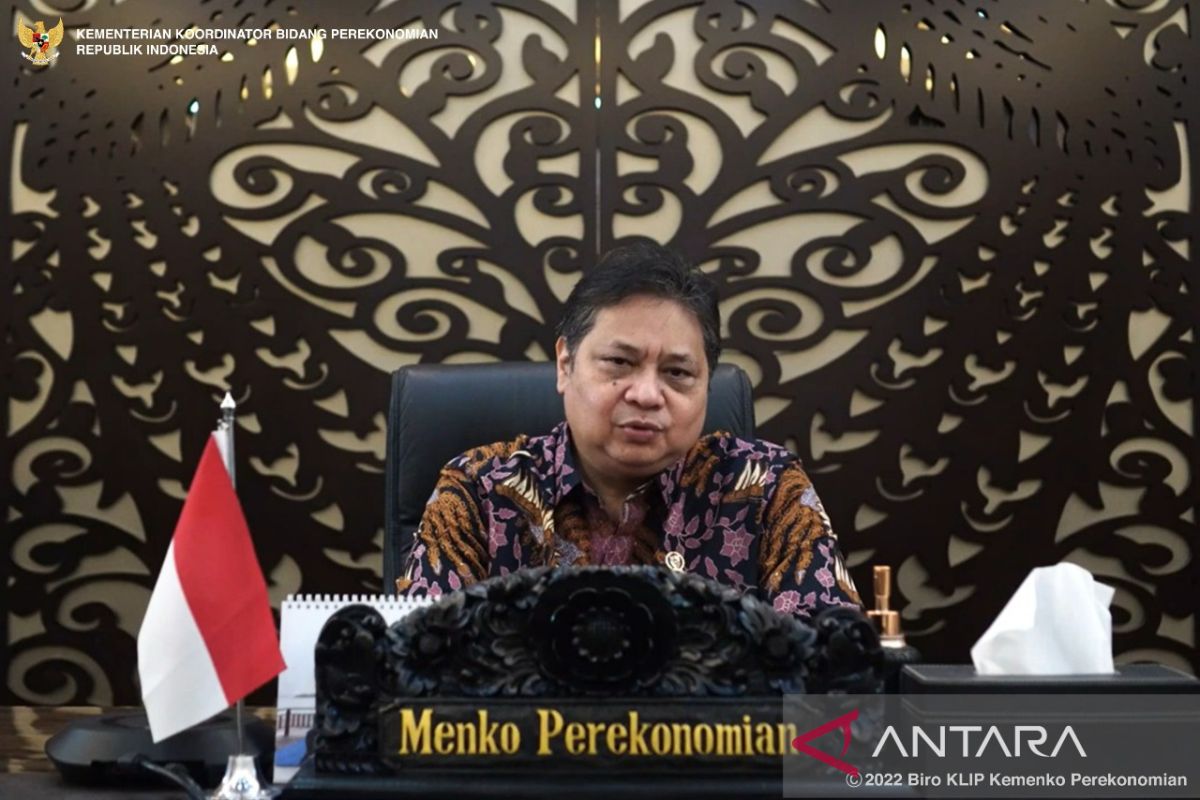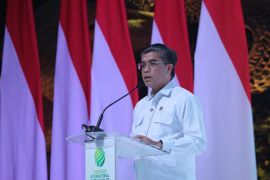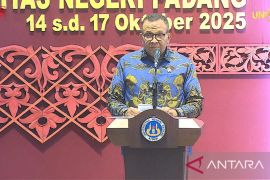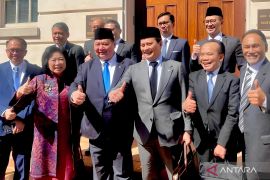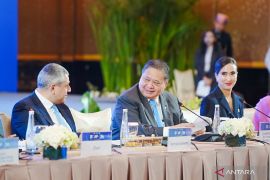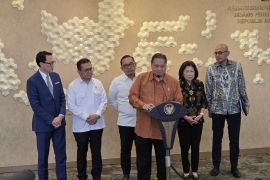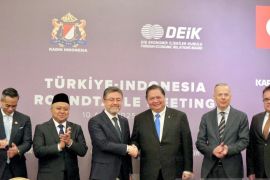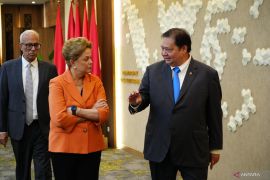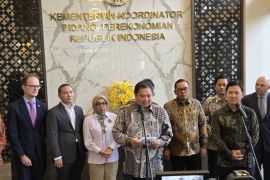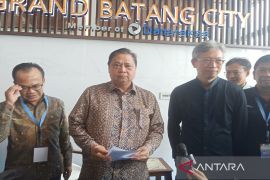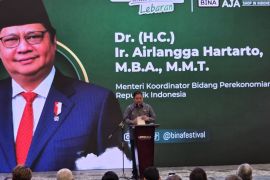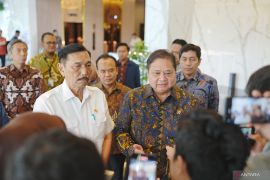"Indonesia certainly needs a large number of human resources, which is 9 million people until 2030. This is the challenge for universities to produce digitally literate fresh graduates," Hartarto remarked here on Monday.
According to the minister, Indonesia has a lot of potential in the digital economy sector. In 2021, the potential of the digital economy reached US$70 billion, and it is expected to hit US$146 billion, he noted.
The government has provided support through programs for developing digital talents such as the pre-employment card and the National Movement for Digital Literacy for the general public, the Digital Talent Scholarship for professionals, and Digital Leadership Academy for leaders.
In addition to increasing the number of digital talents in Indonesia, these programs are expected to boost the number of entrepreneurs in Indonesia, Hartarto said.
These efforts have been carried out because the government expects the number of entrepreneurs in Indonesia to reach 5 percent, he pointed out.
"The government has also created various regulations that give protection and convenience to MSMEs (micro, small, and medium enterprises), like financing," he explained.
Financing support can be obtained through the smallholder business credit (KUR), for which the government has allocated Rp373 trillion, with an interest of 3 percent until the end of 2022.
Hartarto emphasized that the government has continued to encourage low-interest financing through KUR for MSMEs.
"The government provides KUR with an interest of 3 percent per year until the end of 2022. The amount of KUR can be less than Rp10 million, or Rp10–100 million without guarantees, and Rp100–500 million," Hartarto stated.
Related news: DEWG strives for global agreement to build inclusive digital ecosystem
Related news: Digital literacy paramount to seeking job opportunities in future
Related news: Ministry reveals challenges to digitize health services in Indonesia
Translator: Kuntum R, Kenzu T
Editor: Sri Haryati
Copyright © ANTARA 2022
